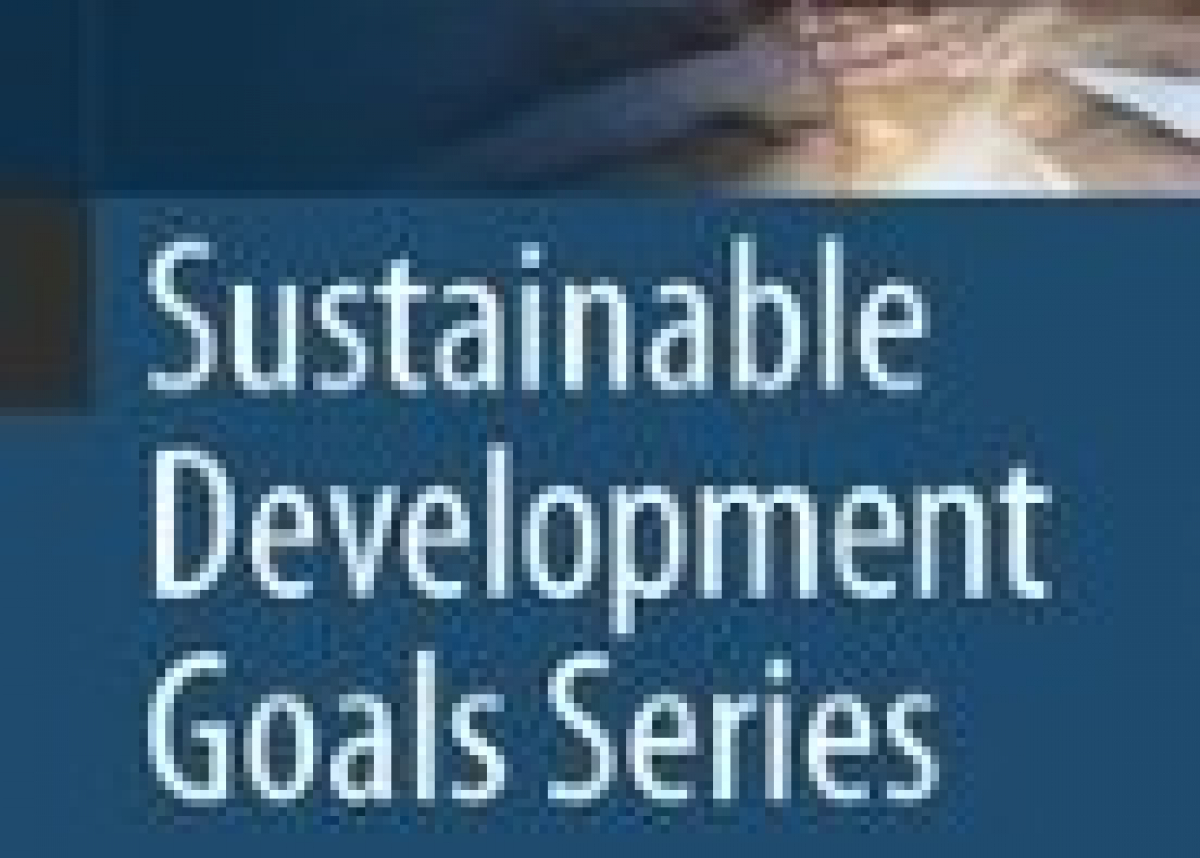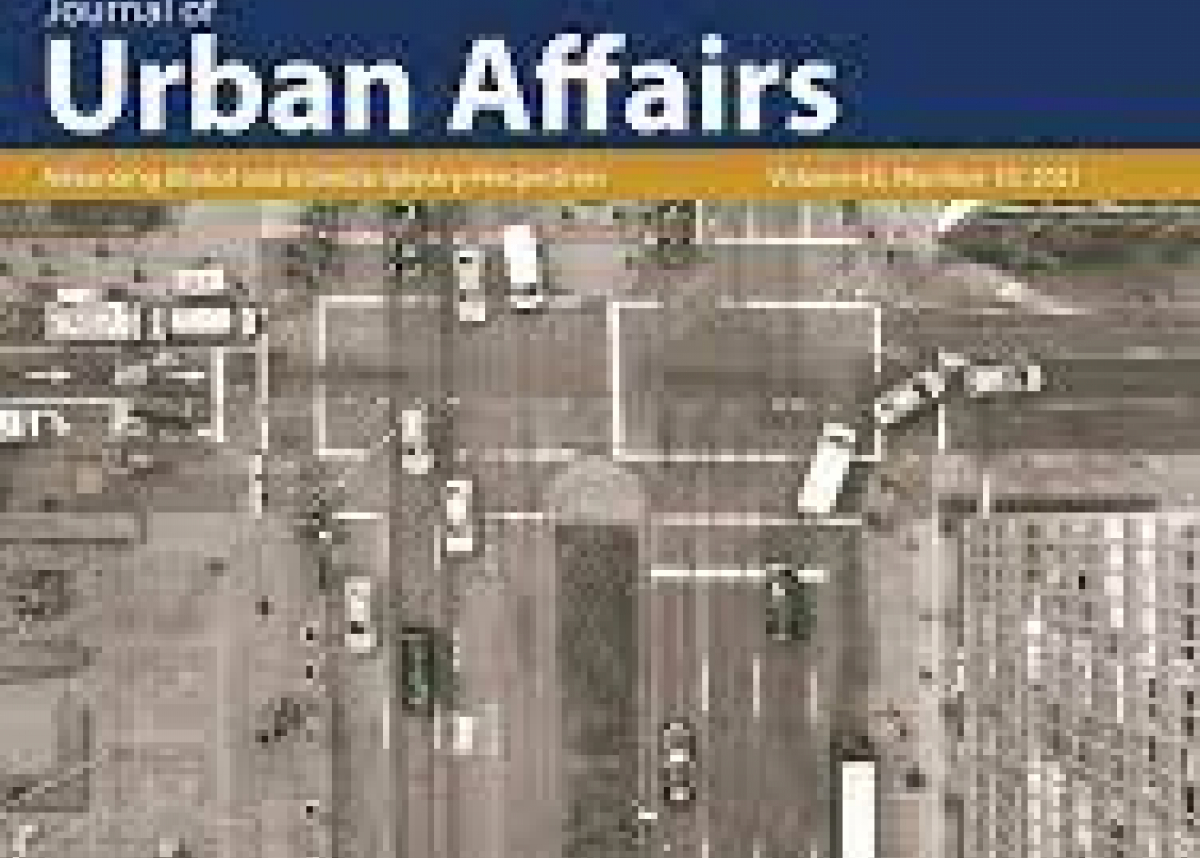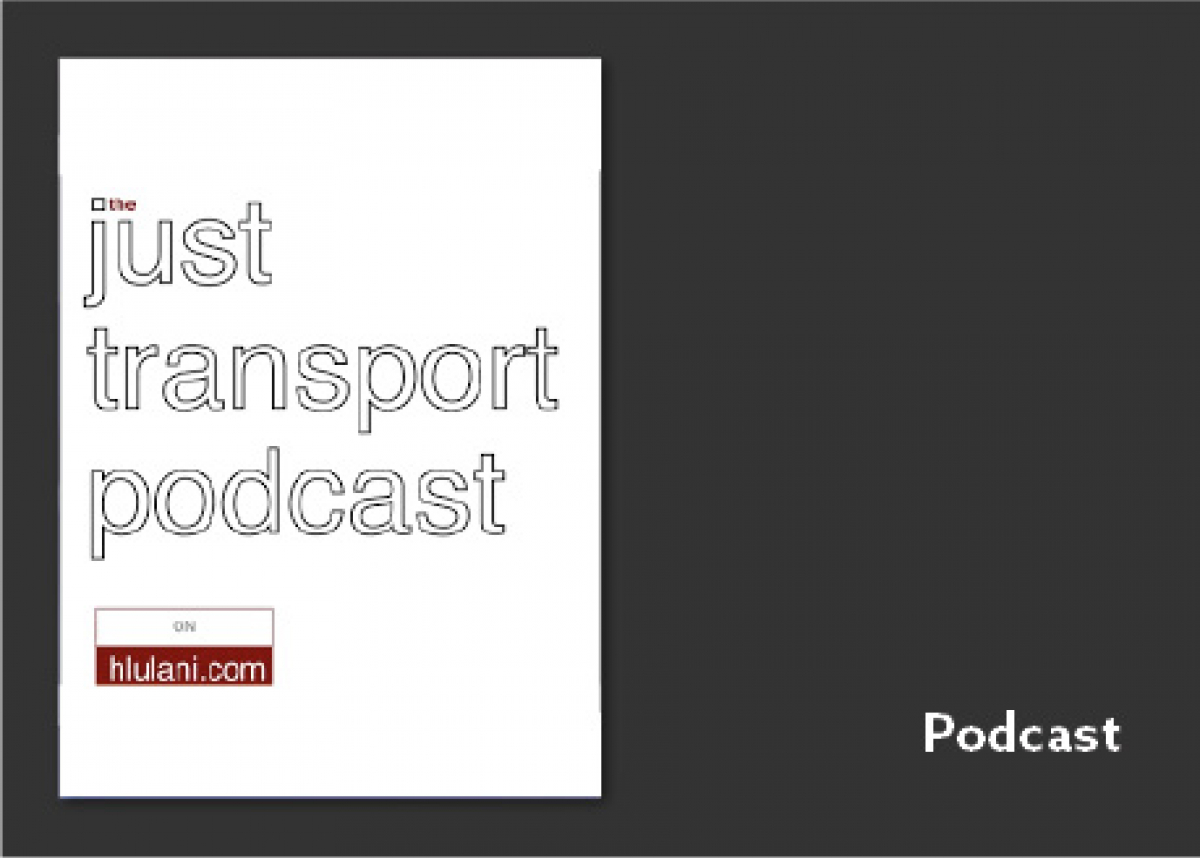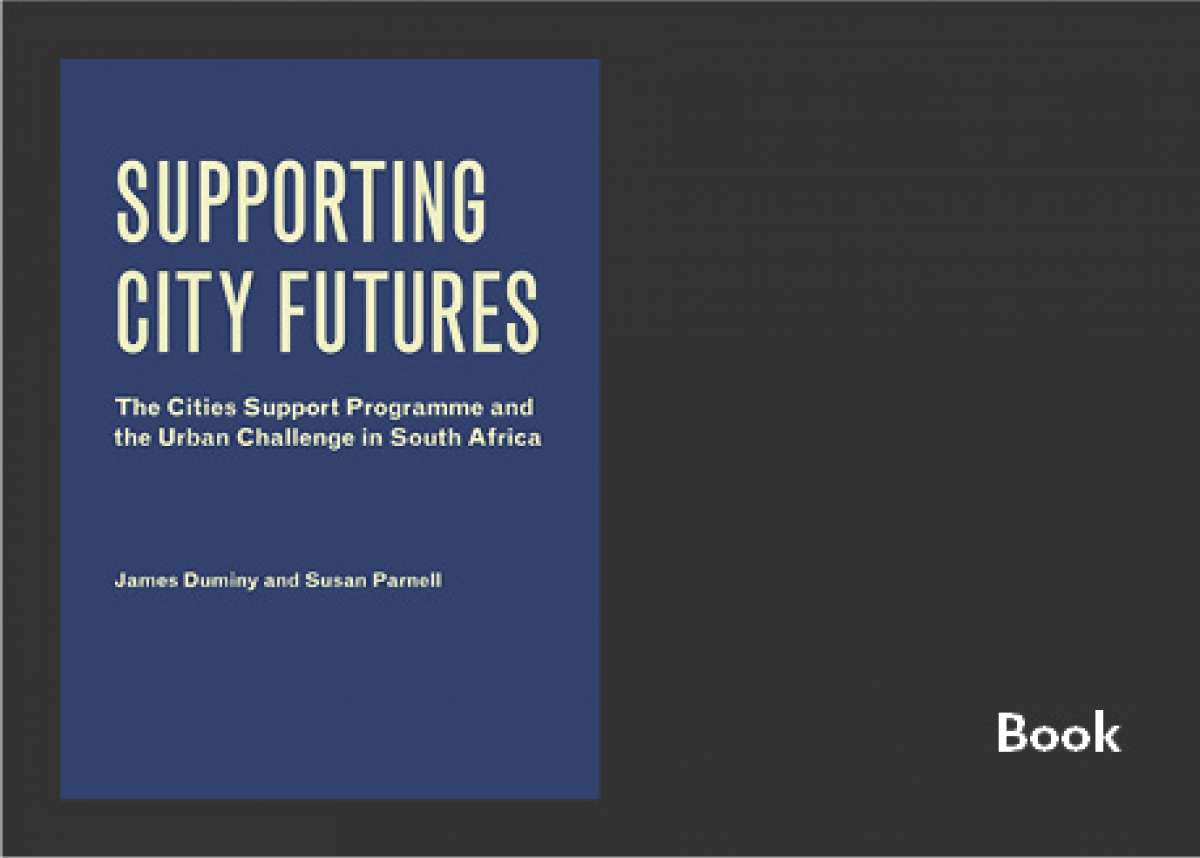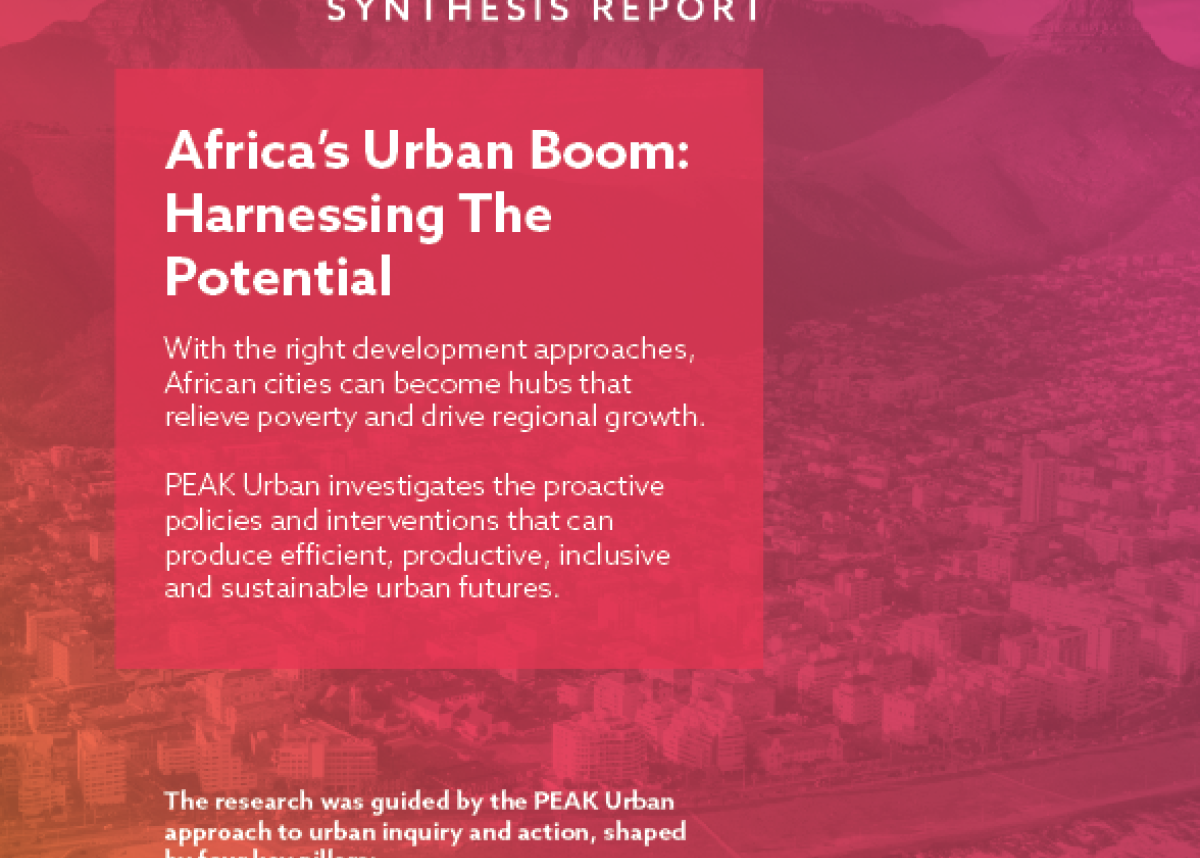
Remittance micro‐worlds and migrant infrastructure: Circulations, disruptions, and the movement of money
Remittances are increasingly central to development discourses in Africa. The development sector seeks to leverage transnational migration and rapid innovations in financial technologies (fintech), to make remittance systems cheaper for end-users and less risky for states and companies.
Critical scholarship, however, questions the techno-fix tendency, calling for grounded research on the intersections between remittances, technologies, and everyday life in African cities and beyond.
Building on this work, we deploy the concepts of “micro-worlds” and “migrant infrastructure” to make sense of the complex networks of actors, practices, regulations, and materialities that shape remittance worlds.
To ground the work, we narrate two vignettes of remittance service providers who operate in Cape Town, South Africa, serving the Congolese diaspora community. We showcase the important role of logistics companies in the “informal” provision of remittance services and the rise of fintech companies operating in the remittance space.
These vignettes give substance to the messy and relational dynamics of remittance micro-worlds. This relationality allows us to see how remittances are circulations, not unidirectional flows; how they are not split between formal and informal, but in fact intersect in blurry ways; how digital technologies are central to the story of migrant infrastructures; and how migrants themselves are compositional of these networks. In doing so, we tell a more relational story about how remittance systems are constituted and configured.

